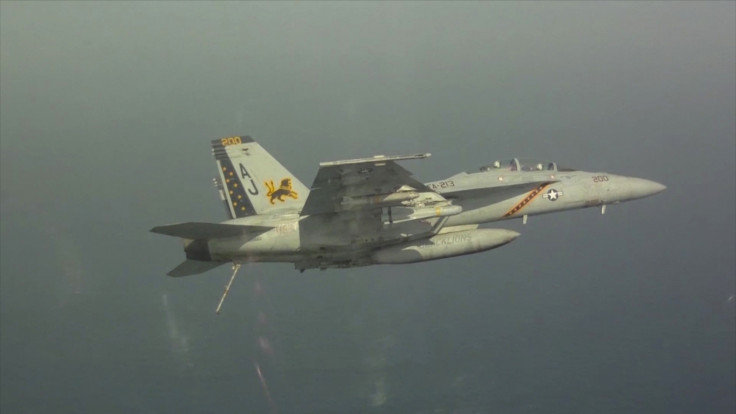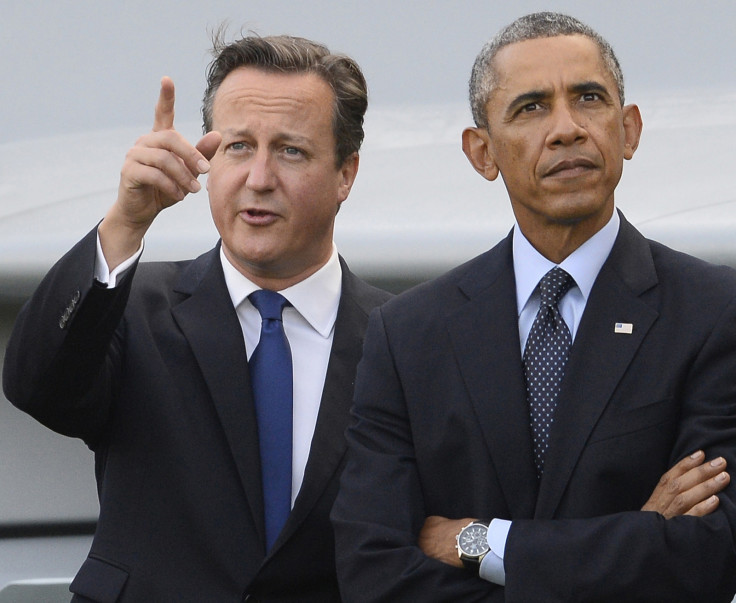Parliament Recalled to Take UK to War Against Isis in Iraq

MPs will return to parliament on Friday 26 September for an emergency debate on military action against Isis (known as Islamic State) with all the signs that Britain will be at war in Iraq by the weekend.
Labour leader Ed Miliband has said he is ready to back a request for the RAF to join US air strikes against the Islamist group in Iraq.
Both he and Prime Minister David Cameron believe extending the strikes into Syria might also be required but Miliband is not yet convinced the allies have mapped out a proper, long-term strategy for such potentially controversial action.
He would also require a UN resolution before he was ready to consider such a move and it is unlikely Cameron would attempt to move unilaterally.
After his shock defeat over calls to bomb the Assad regime in Syria a year ago, Cameron has been careful to set out a series of precise steps towards involvement in Iraq, alongside US President Barack Obama, including at the Nato summit in Wales earlier this month.
They succeeded in building an alliance, crucially including regional powers such as Saudi Arabia and the United Arab Emirates who are taking part in action, before moving to the next step at the UN general assembly meeting in New York.

If, as expected, Iraq's Prime Minister Haider Abadi makes a formal request for UK action, Cameron will bring that before MPs on Friday, confident all the blocks are in place and he will receive cross-party backing.
Speaking in New York, Cameron made his intentions clear, saying: "This is a fight you cannot opt out of. These people want to kill us. They've got us in their sights and we have to put together this coalition to make sure that we ultimately destroy this evil organisation."
Miliband added his support, stating: "We have to have the military action," but stressed the need for political and diplomatic action as well.
He said he was open to the possibility of supporting air strikes against IS in Syria but would need to know it was lawful and would succeed.
However, he repeated his belief that a UN security council resolution would be needed to persuade Labour to back such a move.
So it now looks likely that the debate on Friday will be limited to action within Iraq.
There will be dissenters. A number of MPs in all parties are fundamentally opposed to this sort of engagement in the belief it will not work, could actually make matters worse and could see the UK dragged deeper and deeper into a conflict with no obvious exit strategy.
However, on this occasion, it seems parliament will back limited action but, as Cameron has done all along, any extension would need to be very carefully planned with a clear long-term strategy and end game in sight.
© Copyright IBTimes 2025. All rights reserved.




















